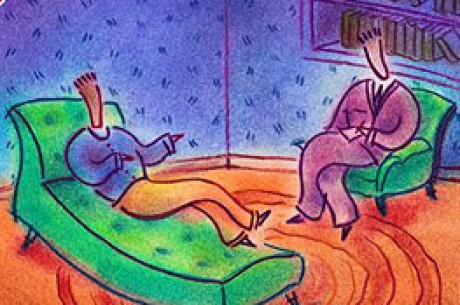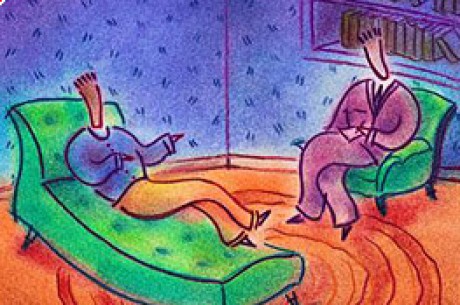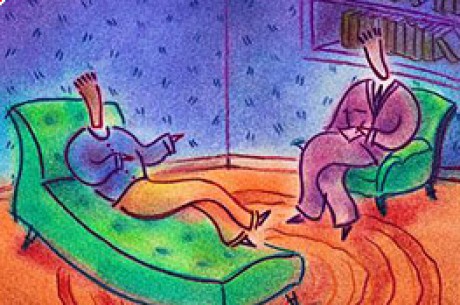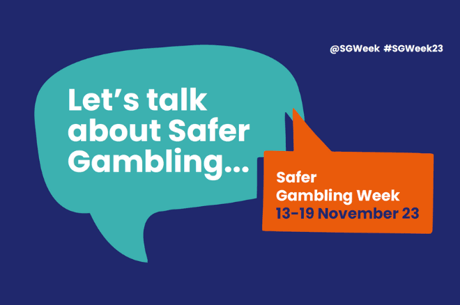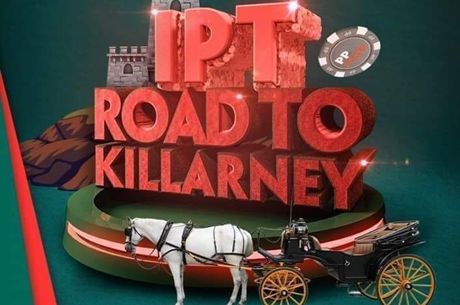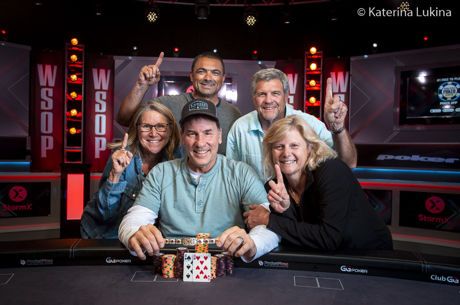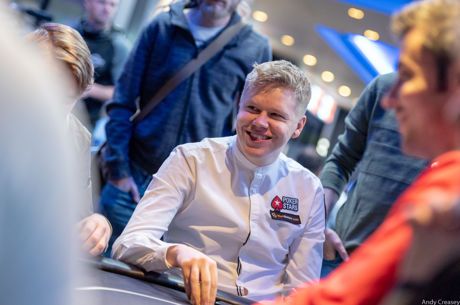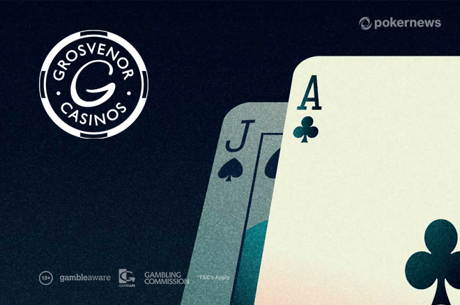The Poker Counselor's Corner (19)
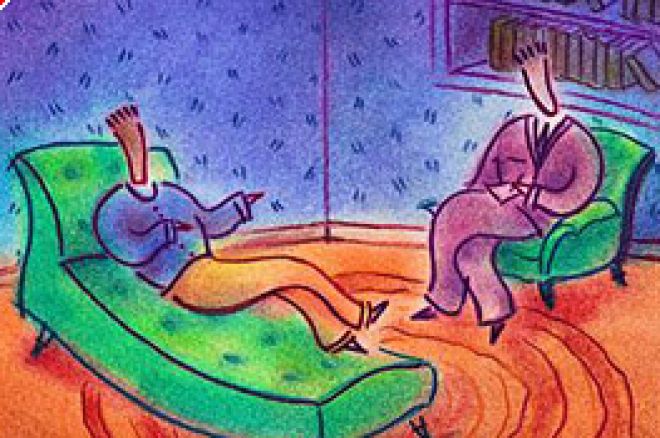
In addition to being a poker enthusiast, gambling columnist, and lecturer, John is a National Certified Counselor (NCC) and practices in his home state of Pennsylvania. He has a Master of Arts degree in Counseling from West Virginia University, and a Bachelor's degree in Psychology with a minor in Sociology from Lock Haven University. You can arrange for interviews, speaking engagements, or ask your question to "the Poker Counselor" at [email protected].
I know that I try bluffing way too often. It works sometimes but I get caught once or twice and boom, I'm done. The truth is I love bluffing. Is it the rush or something? - Pauly from Tennessee
Bluffing is truly an art form. You have to combine your read on your opponents with the cards on the board, position, chip stacks, the amount in the pot, the blinds, and so much more. What does not go into the equation is your need to get an adrenaline rush! Don't get me wrong, I am all for having fun at the poker table. When poker starts to become a grind, it becomes more difficult to stay focused and driven. Bluffing just to get a "rush" is not an appropriate way to stay energized and assure fun, though. When you bluff once too often and hit that "boom, I'm done" time, the fun comes to a screeching halt. Most of us find that WINNING is fun. That is usually our ultimate goal. Knowing when and how to bluff will move you towards winning. One of the key issues may be your overall perception of the game of poker. The No Limit tournaments that you watch on television are often 4 day events edited into a single hour of coverage (probably only 40 minutes or so if you subtract the commercial time and "fluff" commentating). Their edited shows make the onlookers believe that poker is an exciting series of all-in's and blatant bluffs. Poker veterans will tell you that poker is much more about monotonous folding, patiently waiting, and then making tough decisions. There is no need to manufacture an adrenaline rush by pushing in bluffs. In fact, experiencing such a rush when you bluff probably produces obvious tells that experienced players will perceive. When you play poker correctly, you'll experience plenty of up's and down's. Wins and losses, good cards and dead cards, bad beats and lucky suck-outs will come your way. It may sound funny to you, but you can have your rush from folding your pocket Aces when your instincts tell you your opponent flopped trips, as well. Overall, though, don't expect sheer excitement with each deal of the cards. If you do, you will be disappointed and make rash decisions to produce excitement.
A poker buddy of mine suggested we video tape our play in our home game tournaments so we can watch for our mistakes. I've never heard of this idea before. Would you suggest it? -PunkPoker from New Jersey
Sounds like a great idea, I'd say. We can learn a great deal if we watch the WSOP and WPT coverage in an analytical manner, rather than just for simple entertainment. The effects could be greatly amplified if you are able to do such an observant role on your own poker performance. Of course, you will not have hole card cameras, multiple camera angles, and cameramen to focus on the action. Still, I'm sure that you would be able to extract a goodly amount of information from a simplistic tape of your own play. Players in all other sports break-down game tape to improve, so why not poker? Aim the camera on your seat area. As you review the tape, watch to see if you are staying focused on hands (even after you fold). See if you are giving off any tells by tipping the strength of your hands, your overall comfort level with your hand, or if you disliked a raise. Also, see if you are showing your intension to play/fold before the action comes to you. I find this to be one of the biggest leaks of information that amateurs exude; they peek at their hole cards as soon as they are dealt and hold the cards/chips in a manner that displays their intensions. Take the time to take notes as you watch, identifying areas where you need to improve. Have your poker buddy watch with you, like a coach and assistant coach with keenly trained eyes. The key is to then enact what you've learned. Make a concentrated effort to fix your mistakes and rely upon your strengths. Perhaps you can break out the camera once again, seeing if you are making changes and improvements.
Ed Note:Noble Poker has 6 handed single table tournaments that we think are easy pickins...get in on the action

